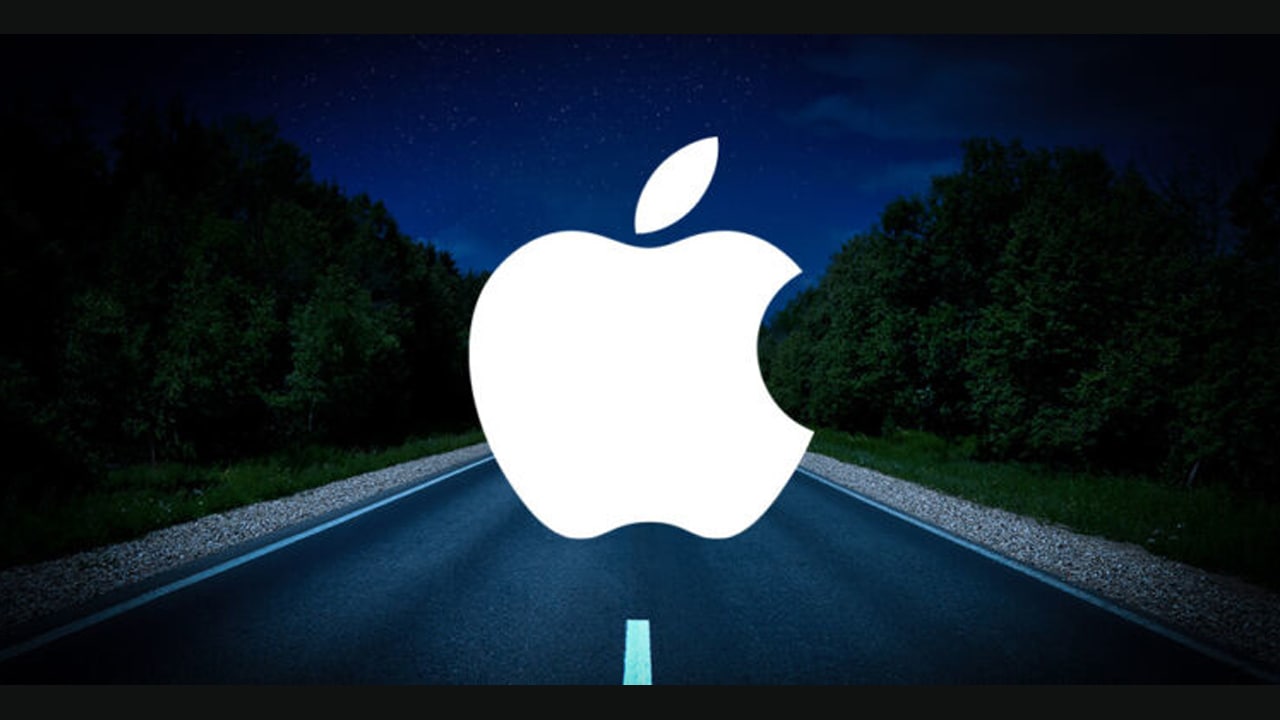Game developer Epic Games has filed an antitrust lawsuit against Apple in the European Union. It has increased its opposition to this company by trying to appeal to the different interpretations of antitrust issues between the EU and the United States.
The scope of legal proceedings of technology giants. In September last year, Epic Games added a Fortnite update, allowing customers to purchase in-game currency directly from Epic, bypassing Apple’s in-app purchases.
This violated Apple’s regulations that caused Apple to remove the game from the App Store. Epic apparently had anticipated that it would not hesitate to take Apple to court and also released anti-Apple marketing activities.

Apple followed up and threatened to terminate Epic Games’ developer account, and countersued Epic in October last year, claiming that it breached the contract.
Last year, Google removed Fortnite from the Google Play store for the same reason – it introduced a payment system that bypassed the standard app store policy, that is, the platform takes a 30% share of in-app purchases.
Epic’s legal action against Apple in the EU has joined the ranks of plaintiffs including Spotify, prompting the European Commission to conduct a formal investigation into Apple’s alleged anti-competitive behavior.
‘This is related to the future of mobile platforms,’ stated Tim Sweeney, founder, and CEO of Epic. “We will not stand by and allow Apple to utilize its platform advantages to control a digital playing field that should be leveled.’
Sweeney said that although the lawsuit filed in Europe is against Apple, “the rough outline…the same applies to Google, although the time may be different.”
Regarding antitrust issues, Europe adopts different standards from the United States and pays more attention to fairness among competitors, rather than the impact on consumers that the United States tends to focus on.
Epic also filed similar lawsuits in Australia and the UK, accusing Apple of abusing its dominant position. The European Commission has not yet commented on Epic’s complaint, which remains confidential.
However, the commission’s ongoing investigation was launched last year to investigate how Apple Pay became the only contactless payment service allowed on iOS devices. This may be a factor in supporting Epic’s argument that Apple’s operating system should be open to competing stores.

(Via)







